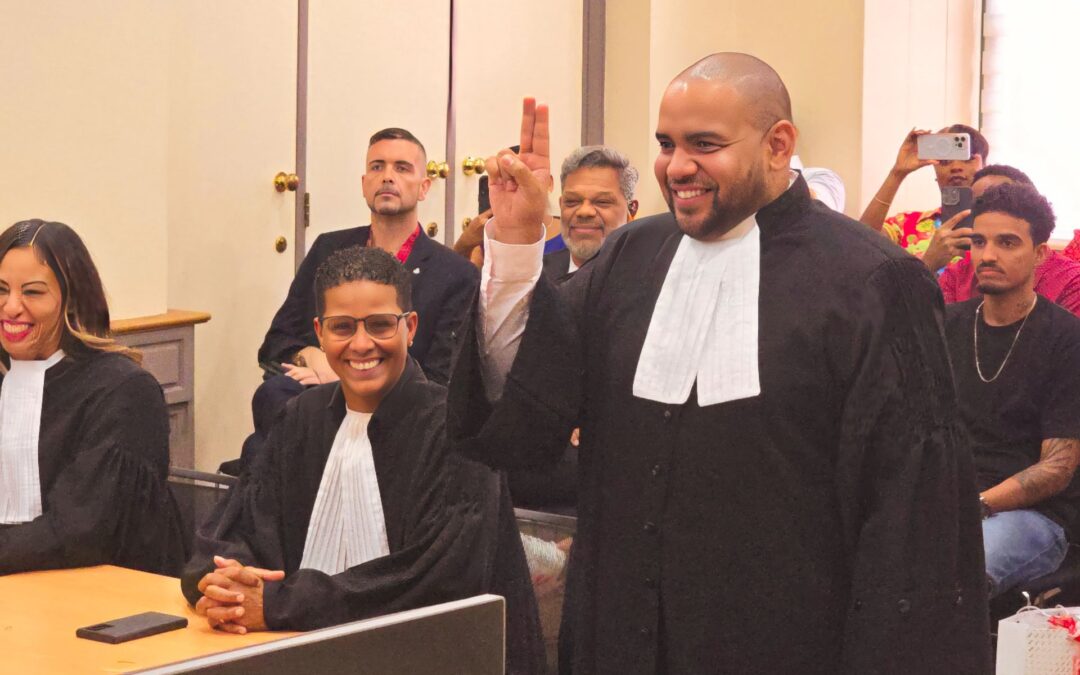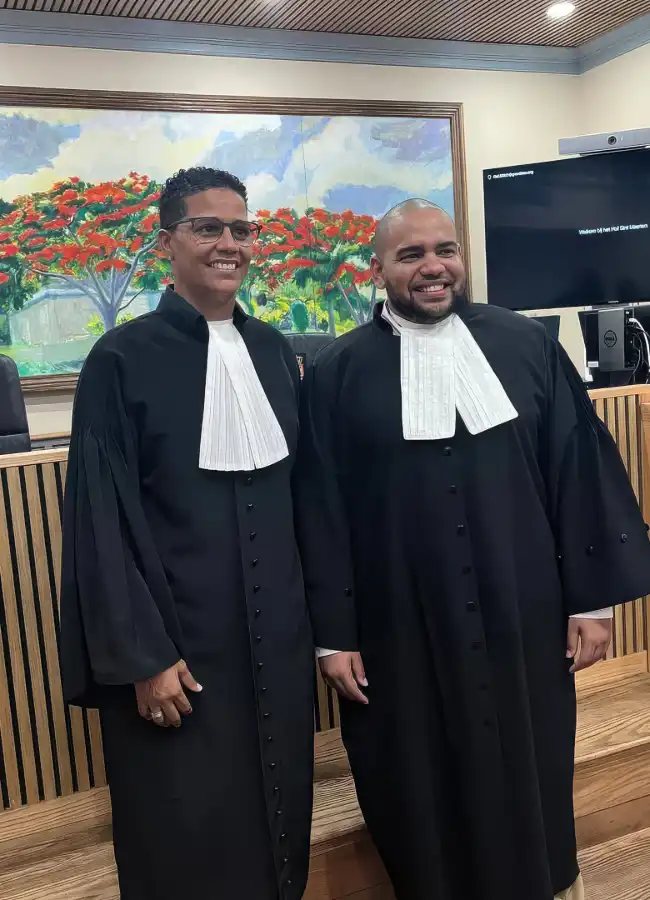PHILIPSBURG–In a groundbreaking legal battle, a traveller who was previously denied entry to Sint Maarten has successfully challenged the decision, leading to a significant ruling from the Appellate Court. This case has set a precedent that could reshape immigration procedures on the island.
The story begins with a traveller who had overstayed her previous visit to Sint Maarten. Upon her return a month later, she was denied entry at the airport by an immigration officer. The officer, acting on behalf of the Minister of Justice, cited the previous overstay as one of the reasons for the denial. Up until this case, such denials had never been challenged in court. The Court of First Instance had routinely declared itself unauthorized to handle appeals against these decisions.
Attorney Brenda Brooks, took a bold step by reviewing the denial decision and filing an appeal at the Court of First Instance, following the procedures for administrative cases. On July 31, 2023, the Court of First Instance ruled that it was unauthorized to handle the appeal, asserting that the decision to deny entry by the Minister of Justice was not subject to appeal.
Refusing to back down, Attorney Brooks escalated the case to the Appellate Court. On June 12, 2024, the Appellate Court delivered a landmark ruling. The court nullified the decision of the Court of First Instance, validated the appeal, and overturned the initial denial of entry by the Minister of Justice.
The crux of the argument was centered on the legal authority to deny entry at the ports of Sint Maarten. By law, this authority is bestowed upon the Minister of Justice, who can delegate it to others. However, it was revealed that no such delegation, or mandate, existed for the immigration officers at the border. This critical oversight was previously highlighted in reports by the Law Enforcement Council.
The Appellate Court concurred with Attorney Brooks’ argument that the decision to deny entry is, by law, appealable. Moreover, it was confirmed by the Minister of Justice’s legal representative that no mandate regulation was in place to authorize immigration officers to make such decisions. This led the court to conclude that, in the absence of a proper mandate, the immigration officer lacked the authority to deny entry to the traveller.
This ruling carries significant implications for future cases. It underscores the need for the Minister of Justice to establish clear regulations regarding the delegation of authority to immigration officers. Historically, the Director of Immigration held such a mandate, but it was withdrawn in 2017, and no replacement was instituted.
While the Minister of Justice’s representative argued that it is inherently part of an immigration officer’s role to deny entry, the court’s decision firmly established that such authority must be explicitly granted by the Minister of Justice. Without this mandate, immigration officers are not authorized to deny entry to travellers, ensuring that such decisions are subject to legal scrutiny and appeals.
This case not only highlights the importance of adhering to legal mandates, but also emphasizes the role of vigilant legal advocacy in upholding the rule of law. Attorney Brenda Brooks’ unwavering commitment to justice has not only secured a victory for her client, but has also paved the way for more transparent and accountable immigration procedures in Sint Maarten.














Recent Comments